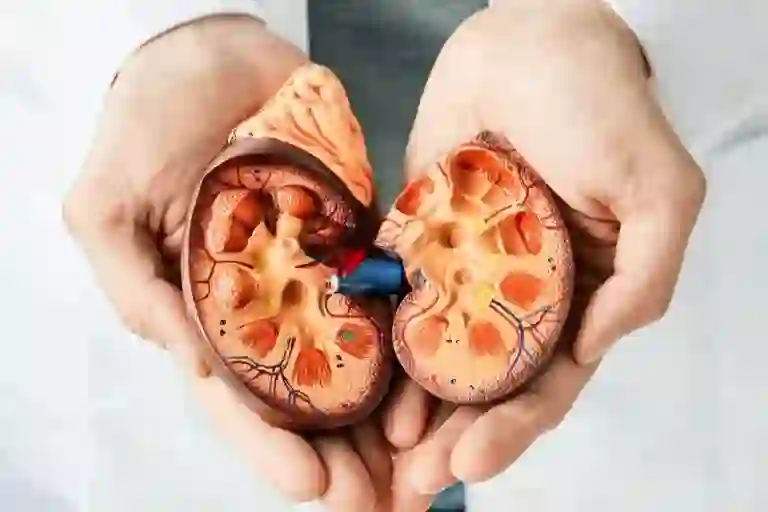Currently, kidney failure problem is seen in a large number of people owing to various reasons where acute kidney failure happens when the kidneys are unable to filter waste products from one’s blood. When the kidneys fail to filter blood then the waste tends to get accumulated in the body and the blood’s chemical makeup will get unbalanced.
Acute kidney failure is also known as acute renal failure or acute kidney injury which is progressing rapidly and is commonly seen in those who are critically ill? It is a known fact that acute kidney failure can be life-threatening and requires timely medical intervention.
The Symptoms of it are shortness of breath, nausea, weakness, irregular heartbeat, fluid retention, low urine output, and chest pain. The causes of acute kidney failure ranges from simple dehydration , kidney infection, medicine allergy, poisons, kidney stones, heart related problems etc.
Chronic Kidney Failure is seen when the kidneys cannot function as they are expected to. The symptoms of it are feeling sick, inability to breathe, swollen feet and ankles, and tiredness. The causes of it can be attributed to diabetes, high blood pressure, high cholesterol levels, polycystic kidney disease, blockages in the flow of urine, and mindless use of non-steroidal anti-inflammatory drugs (NSAIDs).
Talking about the Treatment, “It depends upon the cause of the acute kidney failure, sometimes Kidney Dialysis may also be needed, while once chronic kidney failure is established kidney transplant is the treatment of choice/standard of care.”
Some tips to keep kidney problems at bay. It will be imperative for you to maintain an optimum weight, exercise daily, drink enough water, eat a nutritious diet, and cut down on alcohol, smoking, and drugs. Check the blood pressure, blood sugar, and cholesterol levels as suggested by the doctor. Do not take any medication without the knowledge of the doctor and go for regular health checkup. Follow these tips and you will surely be able to improve your quality of life.
Dr. Puneet Bhuwania
Consultant Nephrologist & Transplant Physician
Wockhardt Hospitals, Mira Road


















